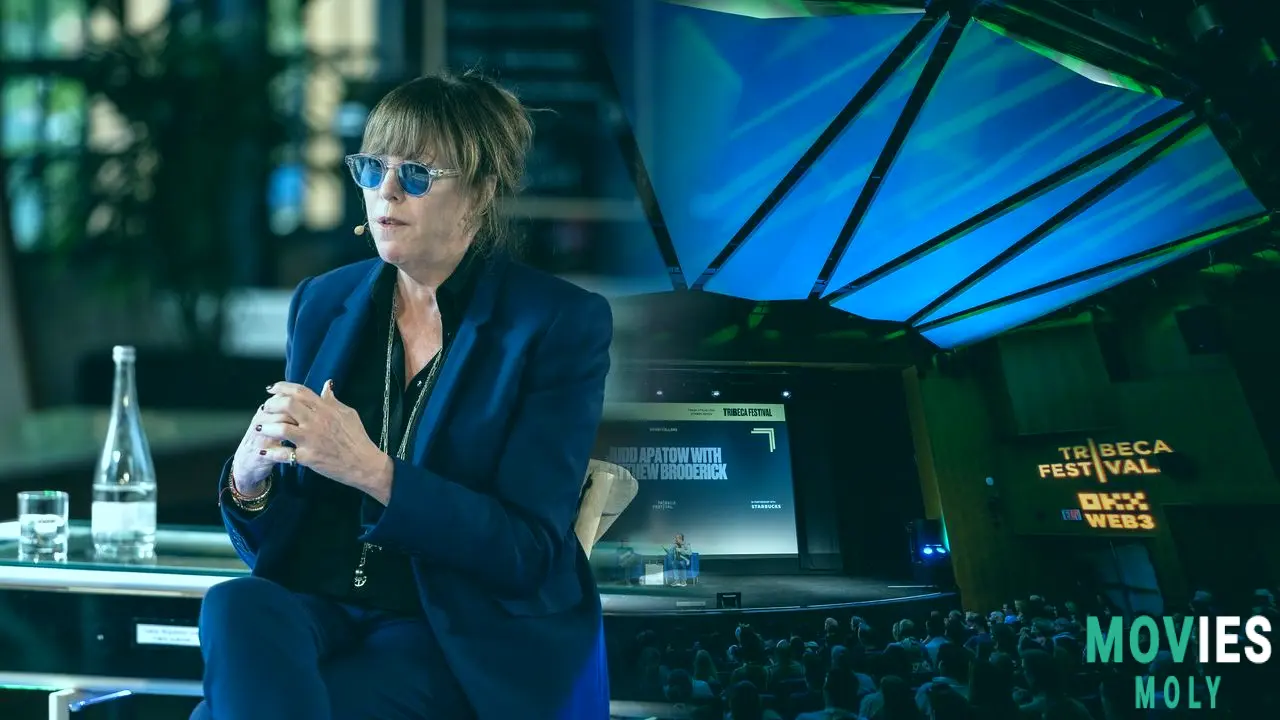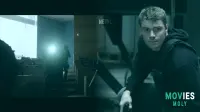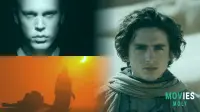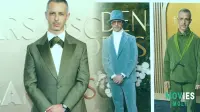Every year, New York City turns into a big playground for anyone who loves movies and stories thanks to the Tribeca Festival. Now in its 24th year, Tribeca Festival co-founders Robert De Niro and Jane Rosenthal are still focused on the mission they started right after 9/11. They wanted to bring life back to Lower Manhattan. Robert De Niro once said watching Movies inspired him and changed his generation. Jane Rosenthal, though, brings a very specific kind of drive to this mission. She is someone who does not take "no" for an answer.
Just recently, Jane Rosenthal was trying to have a calm lunch at The Greenwich Hotel. But a bunch of workers were outside, putting up banners for a bridal shower. There was a jackhammer making a ton of noise. Most people would just find another spot, but Rosenthal, known for her careful planning as a producer, was visibly annoyed. She is used to handling tricky situations. She realized she could not just tell the workers to leave. So she went into the restaurant, saw a table among everyone else, and that would not do either. She whispered something to the maître d’, and suddenly, they were led to a secret backroom. They crashed a banquet hall already decorated for "Amanda's Bridal Shower." Amanda had to wait. Jane Rosenthal, at 68, had stories to tell.
This little story tells you a lot about Jane Rosenthal. As she puts it, "You have to be somebody for whom 'No' is not an option." Her long-time partner Robert De Niro completely respects this about her. He says she "thinks politically, strategically, and she’s in the loop on everything." He calls her "like family" and says they are "just very comfortable." This kind of connection and shared drive is clearly what has kept Tribeca going strong for over two decades. It is not just about showing movies. It is about revitalizing a community.
The Enduring Mission and Growing Scale of the Tribeca Festival Under Jane Rosenthal's GuidanceHow a Post-9/11 Vision Has Expanded Into a Major Cultural Event
Tribeca has changed a lot over the years. When De Niro and Rosenthal first started it after 9/11, Downtown was really struggling both economically and in spirit. Their first idea was to create something like the celebrity-filled Cannes Film Festival. Running a film festival is a tough business these days. Other big festivals have had issues, like the Toronto International Film Festival losing a main sponsor or Sundance planning to move its home base. Studios are not buying many independent films, and the economy has made companies less willing to give big checks. Tribeca, even as it celebrates its 24th year, also feels this pressure.
Rosenthal admits running the festival is "challenging." She says "certain corporations are looking more carefully at how they’re spending their money." But she still believes "art still gets made in difficult times." She also points out that nothing compares to the sadness that led to Tribeca's start. "We had no money, no sponsorships — but it was important to do something for our community," she says. "That’s still our North Star." That initial mission has clearly stayed with them. It shows through in the diverse lineup they bring each year.
After COVID stopped the festival in 2020, Tribeca changed its schedule from April to June in 2021. This gave them more room for outdoor events. Even with constant challenges, Rosenthal is excited about this year's festival. It has documentaries about Barbara Walters and Becky G. There is also the New York premiere of Universal's live-action How to Train Your Dragon. With only a few weeks to go before the festival, she is busy taking calls from talent and making sure everything is ready. "It’s crunch time," she says. "I’m just constantly watching films." This hands-on approach is typical of her style.
Jane Rosenthal's Expansive Career Beyond the Tribeca Festival and Her Producing Prowess
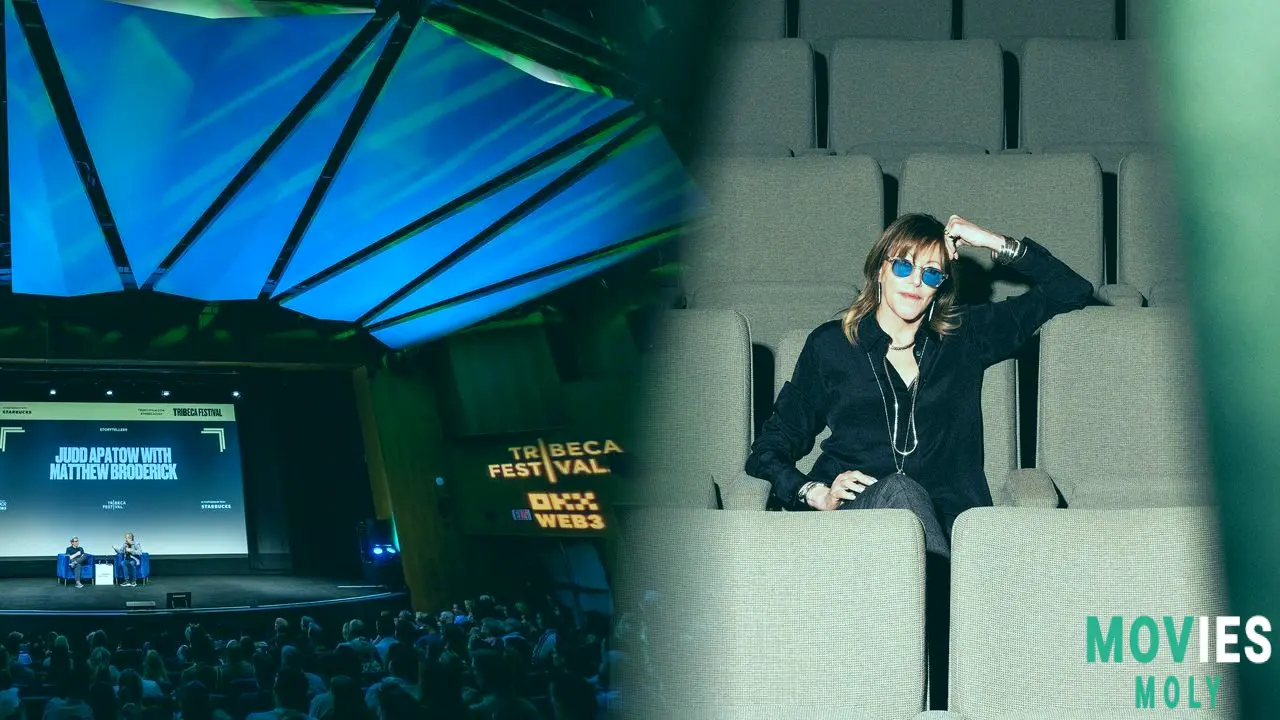
From "Meet the Parents 4" to a New Vision of "The Wizard of Oz" at the Sphere
Being busy with Tribeca is just one part of Jane Rosenthal's work. She is also putting together another Meet the Parents sequel with Robert De Niro and Ben Stiller. She is working on new films from James Gray and Michael Showalter. Before all of those projects, she has an even bigger production coming. She is bringing Dorothy, Toto, and the Yellow Brick Road to the Sphere in Las Vegas. This project uses AI technology to make The Wizard of Oz an experience that fills a huge 160,000-foot screen. It starts in late August. This sounds like an amazing way to experience a classic film.
Rosenthal talked about pushing movie limits with The Wizard of Oz at Sphere. They are taking the original film, which is small, and making it fit the giant screen. They are using AI to create a super high-resolution version. They even got the original shot list and production drawings. They looked at props in studio archives. She explained that when you see Dorothy running in the opening shot, you will also see the full landscape, far beyond what the original camera could capture. They are imagining what the filmmakers would have done with a wider lens. This sounds like a way to make old movies feel completely new. She mentioned they are still debating whether to "fix" small issues from the original film, like makeup application or continuity errors, now that they are so visible in high resolution. This level of detail shows her dedication.
Rosenthal also touched on Meet the Parents 4. Ben Stiller is now the same age Robert De Niro was in the first movie. Stiller’s kids have grown up, and they have to go home and meet the parents. She cannot share specific plot details, but she mentioned something interesting about today's world. "What’s happened in our society means there are jokes you can’t tell anymore." She said filmmakers now have to think about "who’s going to have issues with a joke." For example, she wondered if you could even call the second movie Meet the Fockers today. She hopes the new film will bring back the fun of laughing in a theater. She thinks a roaring laugh in a theater is different from laughing alone at home.
Jane Rosenthal's Candid Thoughts on the Shifting Film Industry and the Role of AI
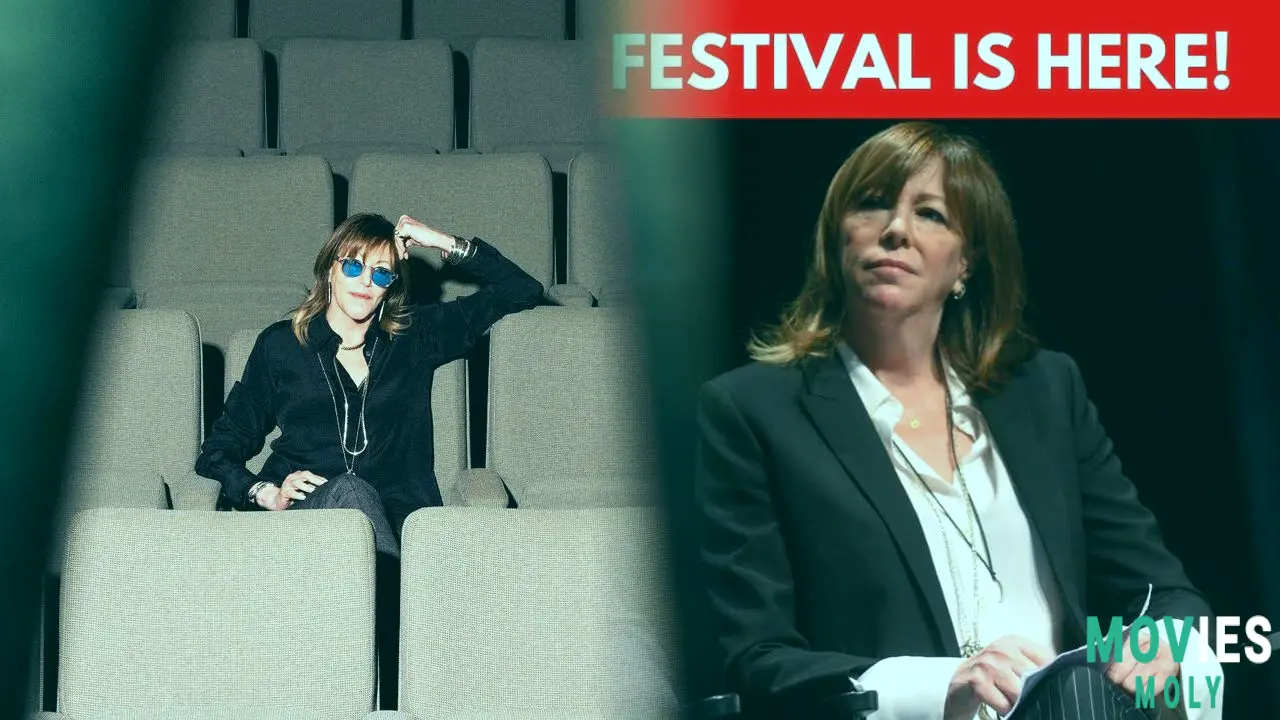
From Supporting Documentaries to Navigating Political Silences in Hollywood
From her seat at Amanda's banquet table, Rosenthal spoke openly about the film business. She said she is "worried" about the future of hard-hitting documentaries. She feels "fewer places are buying hard-hitting documentaries." She noted that if a film is about true crime, it can find a deal, but "for political stories, it’s harder to find a home." She said bigger streaming platforms like Netflix and Amazon want more celebrity stories and sports stories. This is a real concern for many filmmakers who want to tell important stories. She feels artists' voices are more important than ever, especially in current times.
On the topic of AI, Rosenthal is very direct. "Pandora is out of the box. It’s like, you’ve got to use it." She thinks it should not be a secret when AI is being used. She agrees that people will lose jobs because of AI. However, she also believes "there’s also going be a lot of jobs created because of this." She mentioned that for Wizard of Oz alone, they are using at least 12 visual effects companies. She feels it is everyone's job, including unions, studios, and tech companies, to train people for these new positions. This is a thoughtful view that considers both the challenges and opportunities of new technology.
Rosenthal also shared her strong feelings about Hollywood's quietness regarding political issues. She finds it "extremely disturbing that we’re not speaking up more." She pointed out that a judge was recently arrested. She understands that big studios have shareholders to answer to, but she approaches things from a creative viewpoint, not from a Wall Street perspective. This shows her personal values influencing her professional outlook.
A Lifetime of Impact: Reflecting on Jane Rosenthal's Enduring Influence on Entertainment
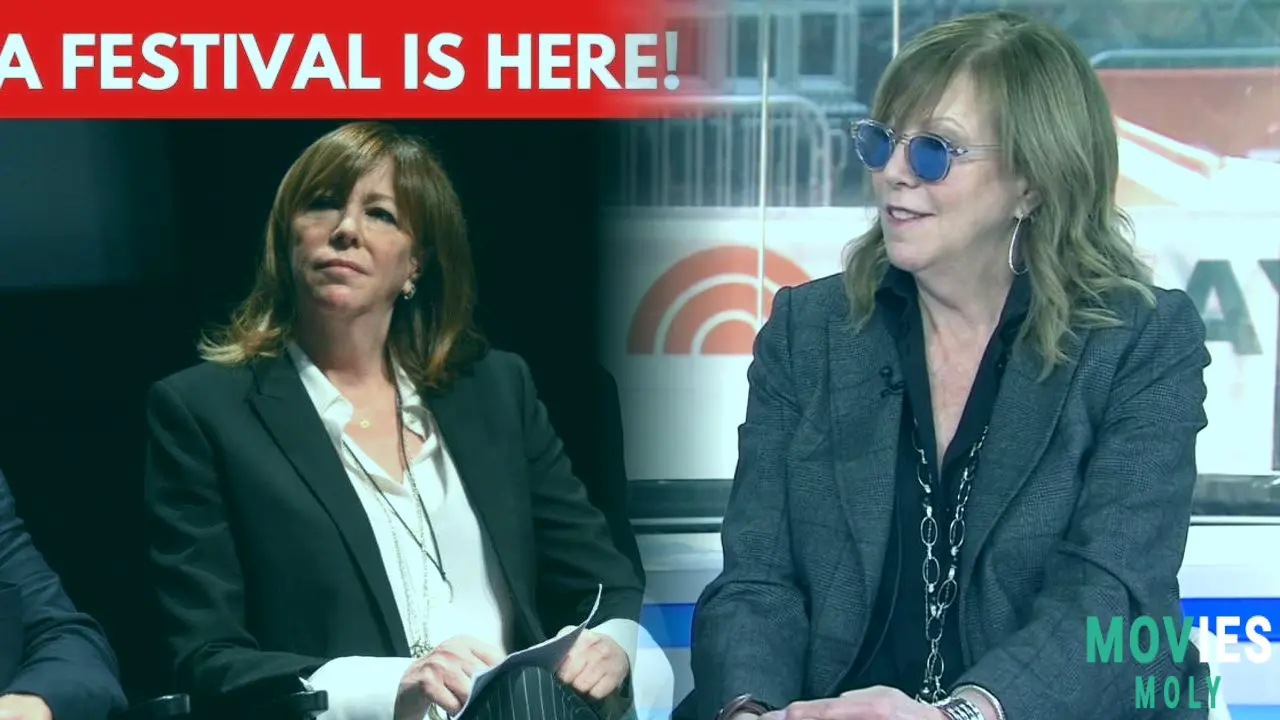
From Overcoming Early Challenges to Leaving a Lasting Mark on the Cultural Landscape
Jane Rosenthal’s path to becoming a legendary producer was not always easy. She originally wanted to be an actress but "didn’t like people saying no." She started at CBS Sports and was often the only woman in the room. Her mother told her she could do anything, and Rosenthal truly believed it. She later faced sexism when developing The Burning Bed, a film about domestic abuse. Her boss at the time told her, "Jane, nobody cares about a man who beats up his wife." That was a big moment for her, showing the unfair challenges she faced.
She learned a lot working with Jeffrey Katzenberg and Michael Eisner at Disney, calling it "like being in the Marines." She learned the organizational skills needed to be a producer. She sees a producer as a "good conductor" who brings all the pieces of an orchestra together to make them sound good. This dedication and skill have clearly served her well. She has left a lasting mark on the entertainment world, not just through the Tribeca Festival, but through countless films and her forward-thinking projects.
Rosenthal’s influence goes far beyond the big screen or festival. She talks about meeting Nelson Mandela at the first Tribeca Film Festival. He spoke about how prisoners and jailers on Robben Island would watch movies together and laugh and cry at the same things. It reminded them of their shared humanity. This story really highlights Rosenthal's belief in the power of storytelling to connect people. She often talks about how important it is for communities to have access to art and laughter. Her continued efforts to bring unique and meaningful experiences to audiences, whether through films, music, or innovative Sphere productions, prove her ongoing passion and commitment to the arts.

